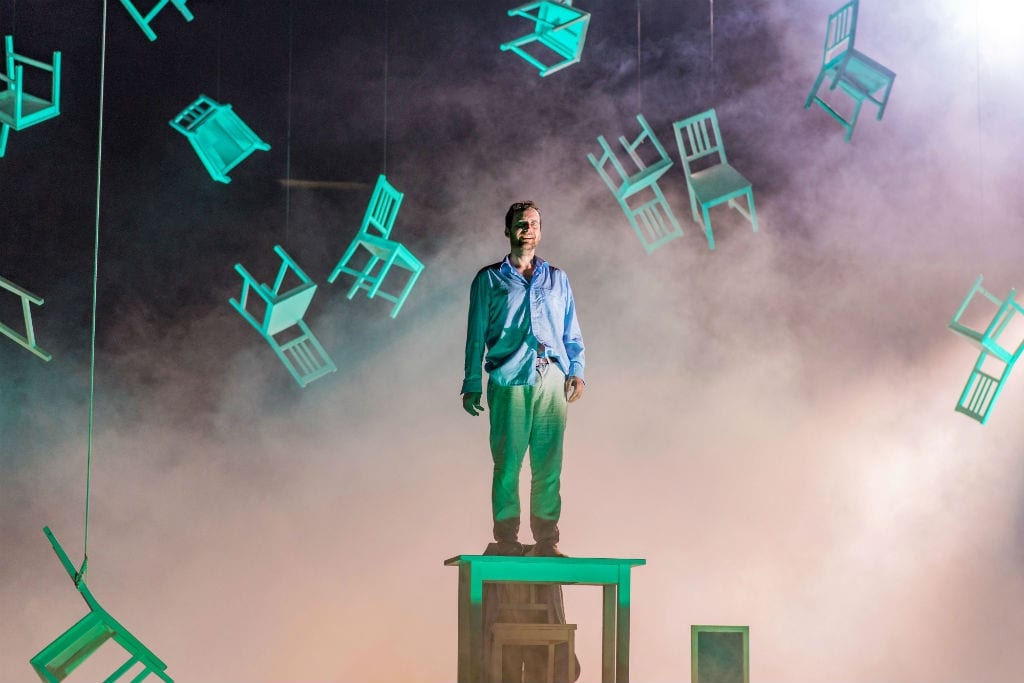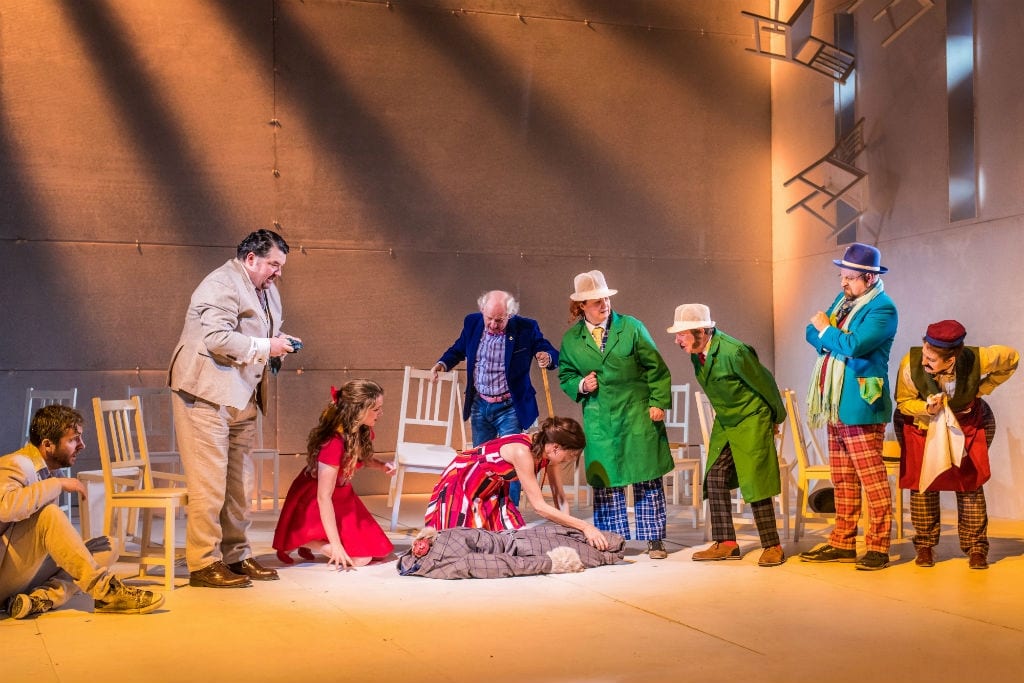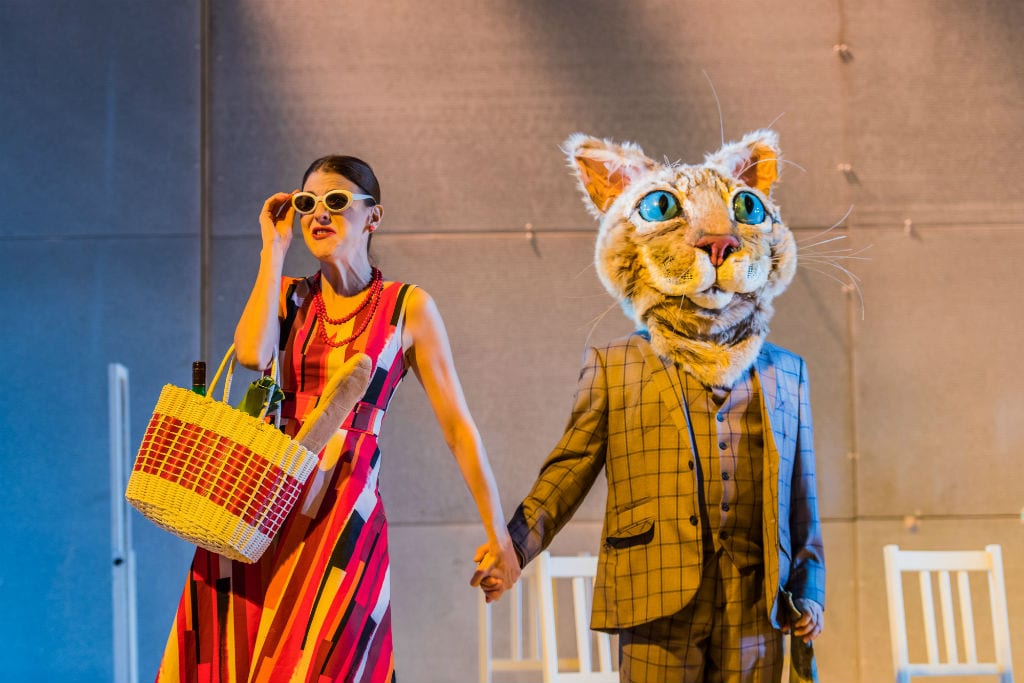In a nondescript town, a lot like yours or mine, people are changing. They’re behaving in ways you can’t understand, saying things that sound absurd, starting to look the same, even hurting people. Sound familiar? No, this is not the latest alt-right protest in America or neo-Nazis in Eastern Europe, it’s not clashing Brexiters and Remainers or the Ayes against the Nays in Scotland, but Eugene Ionesco’s Rhinoceros.
For Ionesco, who lived through the rise of European fascism throughout the mid-twentieth century, the rhinoceros represented something blundering and aggressive, a stupid pack animal ready to charge at anything it deemed a threat. Berenger, the bedraggled and unlikely hero of the piece, watches helplessly as his friends turn into rhinoceroses one by one, just as Ionesco watched his university friends become radicalised at university in Bucharest.

The parallels with the political shifts and discourse (or lack thereof) across the world today are clear, and The Lyceum should be praised for tackling these issues through the pertinent metaphor of Rhinoceros. The insidious spread of radicalism, the desire to conform, the dangers that such concepts pose are by turns wittily and despairingly presented in Ionesco’s script through the prism of a town beset by rhinoceroses.
It is peculiar, then, that almost any sense of metaphor has been removed from this production. The parallels with today are uncomfortably close, so the audience does not need to be explicitly told the play is about politics. The spread of people turning into rhinoceroses is indeed like the rise of fascism, but this is clear enough without a character dressed as Adolf Hitler giving a Nazi salute, as it’s the whole point of the play.
Ionesco’s script is funny too, full of sharply observed comments and absurd humour that keep the metaphor accessible. For the creative team to attempt to crowbar in jokes and enough swearing to make a docker blush is to totally disrupt the rhythm of the play. It is a shame that between these two significant changes, this Rhinoceros becomes a rather unsatisfying watch.
This is not to say that it is without merit. It is a superb play, regardless of what has been done to it in this version, so there is always pleasure in watching it. The play itself is augmented by the set, a masterful construction of screens and plinths that by the end leaves poor Berenger perched helplessly near the roof of the theatre, seemingly balanced on a pile of discarded furniture and old newspapers.

Robert Jack, who plays Berenger, puts in a fine performance of a man desperately trying to hold on to his humanity. Opposite him, Steven McNicoll as Jean is an immense presence, cock-sure, arrogant and animalistic. These two combine in what is undoubtedly the strongest scene in the play, during which the resolve of both of them to remain true to themselves is tested to the utmost, and during which the dramatic imagery is quite stunning.
It is a shame that the rest of this production of Rhinoceros fails to live up to this scene, as it has been so messed about with as to make it a bit of a disappointing watch. It’s a pertinent time to perform this play, it just would have been great if its producers hadn’t spent quite so much time telling us so.

